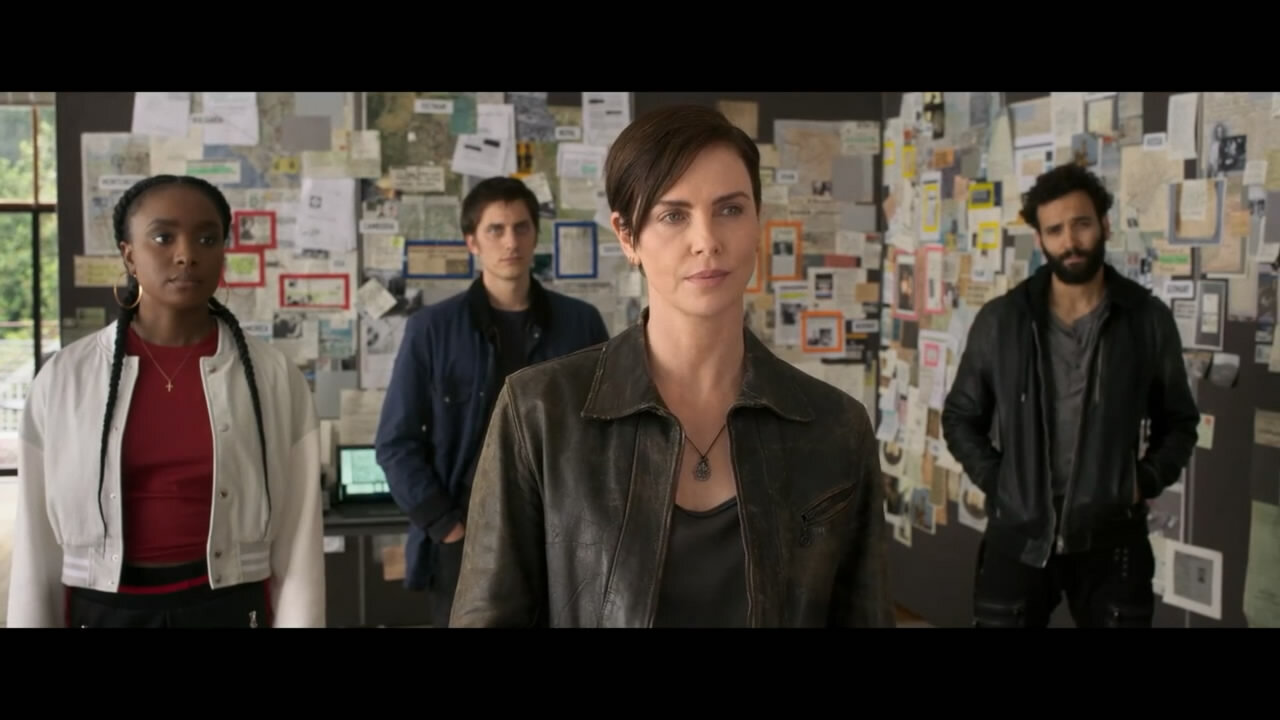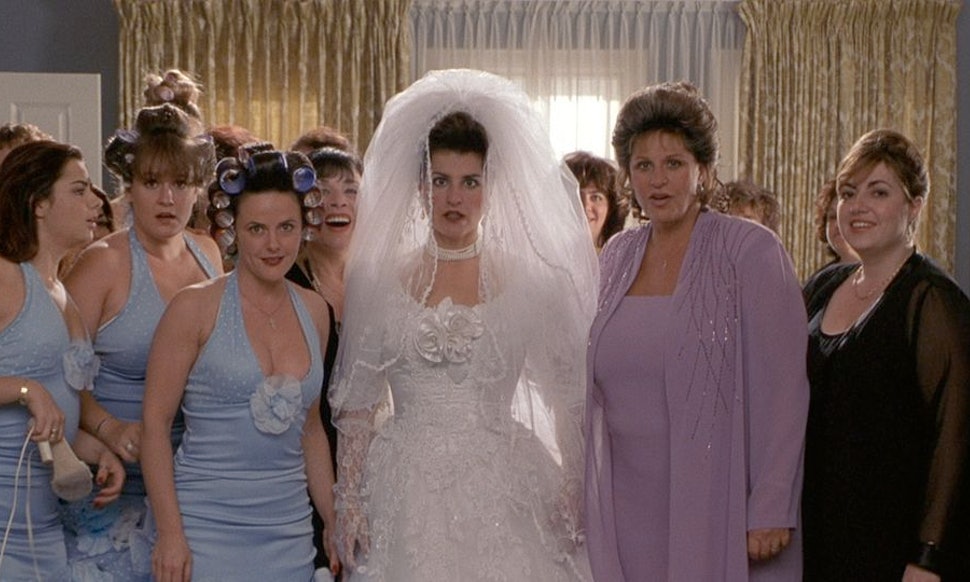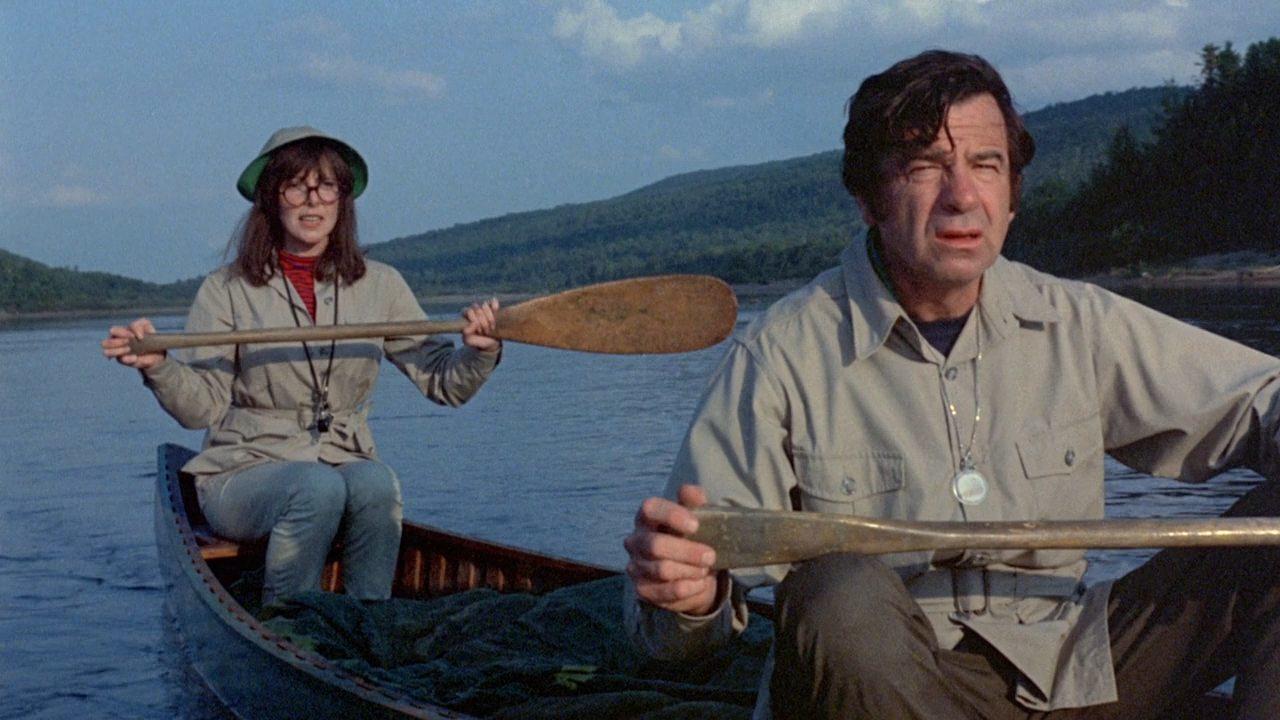Netflix
By Andrea Thompson
There are various ways I choose movies to watch for this column. Sometimes I love a movie so much I want to write about it and spread the joy. Sometimes I’m just curious about a movie that’s been making the rounds on the film festival circuit and want to give yet another film you know will end up on the criminally underseen and/or unappreciated pile more notice. Sometimes I want to fill in a film gap.
Others? Sometimes you need to start somewhere with a filmography, and it is definitely time to get to know more about Jennifer Kaytin Robinson. Why haven’t I already? She created “Sweet/Vicious,” a 2016 buddy comedy and rape revenge MTV series (?!!?) which was canceled after one season, she was the writer of both “Unpregnant,” “Thor: Love and Thunder,” and the director of “Do Revenge.”
Needless to say, I have some catching up to do, and I decided to start with Robin’s 2019 directorial debut “Someone Great” before she reboots the “I Know What You Did Last Summer” franchise in 2025. I could also use something lighter after last week’s column, and if this movie was a bust, well, it would at least be an enjoyable one since it was led by Gina Rodriguez, and “Jane the Virgin” will always be one of my favorite shows of all time.
Thankfully, “Someone Great” turned out to be anything but an ordeal. Rodriguez plays Jenny, a New Yorker who is at multiple crossroads in her life - she’s turning 30, about to leave the city she loves, and thus her bffs Blair (Brittany Snow) and Erin (DeWanda Wise) for her dream job at Rolling Stone in San Francisco. But the catalyst for this one last hurrah is her breakup with her boyfriend of nine years, Nate (LaKeith Stanfield).
We can all agree that LaKeith Stanfield is a lot to lose, especially if he’s one half of the kind of adorable couple that made your friends casually mention future children, and the relationship stuck for nine years. Oof. To add break to the heartbreak, Nate is the one who broke up with Jenny, which she blames on his unwillingness to attempt long distance. But the movie gets us so invested in these two that even before the full context of their breakup is revealed, we know there’s more to it than that.
Drama…but “Someone Great” is primarily about its loving female friendship trio, with Blair and Erin conveniently at crossroads of their own, with the former in an exhausting rut with her own boyfriend, and Erin still unwilling to commit to the woman she’s been seeing for four months and clearly has deeper feelings for. No, this movie isn’t reinventing a plot or a genre, but what it has going for it is its deeply felt emotional context, the kind where it turns out forever has a time limit, even when the love is still there for both parties.
It’s a uniquely felt pain that cuts deep, and the movie’s greatest strength is how well it brings it to onscreen life. Jenny’s profession as a music journalist is also an excuse for a soundtrack that a millennial will love, and who can’t relate to hearing a song that takes us back to some of the most pivotal moments in our lives?
The thing is, even a casual fact check will prove that there are issues with the movie’s use of time and setting that go far beyond the usual questions. Is there any point to asking just how a writer can afford all this stuff? I’d say that train left that station a while back. But the music timeline actually doesn’t fully add up, Erin doesn’t seem to have any other queer friends, and the fact that her backstory is about an ex who went back to men is kind of cringe. Hell, maybe it defines cringe.
And the whole moving to San Francisco thing, the main impetus for Jenny’s life being upended? Rolling Stone actually moved from San Francisco to New York City way back in 1977.
For some, this will matter enough to impede their enjoyment of this movie, and I can’t say I blame them. For me? I will not ever reach the level of cool for most of it to matter, and the issues with “Someone Great” are actually pretty on brand for a movie inspired by a Taylor Swift song.
With that kind of origin story, the sum of the movie will be whether it measures up to that deeply felt emotional context, which isn’t an entirely bad thing. And as someone who is susceptible to well-written cheese (my 90s Disney childhood strikes again), the movie’s emotional reality, anchored by female friendship, had me in all my feels, to use the most readily accessible cliche.
Take Jenny’s elegy for her and Nate’s relationship: “Unfortunately, sometimes things don’t break, they shatter. But when you let the light in, shattered glass will glitter. And in those moments, when the pieces of what we were catch the sun, I’ll remember just how beautiful it was.”
I’ll voluntarily say it…she got me. Most of us hope we can find this kind of reconciliation with not only our broken hearts, but what comes before. How often our pride becomes the first casualty of a breakup. We too have likely begged someone not to leave us, yet somehow made it through the painful process of realizing that something which once made us whole will break us if we don’t break it first, and clung to the desperate, barren hope that somehow it’ll all be okay, because it was before.
It’s likely not nearly as funny as “Someone Great,” but at their best, that’s what fun scripts, performances, and comedic chemistry are for. Critics were actually warmer to the film than audiences, with the RT audience rating lagging noticeably behind, likely because “Someone Great” is kind of a stealth anti-romcom rather than one which gives us a shiny happy ending.
The movie remains a fantastic way to get to know a talent who has been quietly yet steadily rising, having already accomplished the miraculous by getting me excited by yet another reboot. And we’ll learn more about what she did last summer come 2025.



























